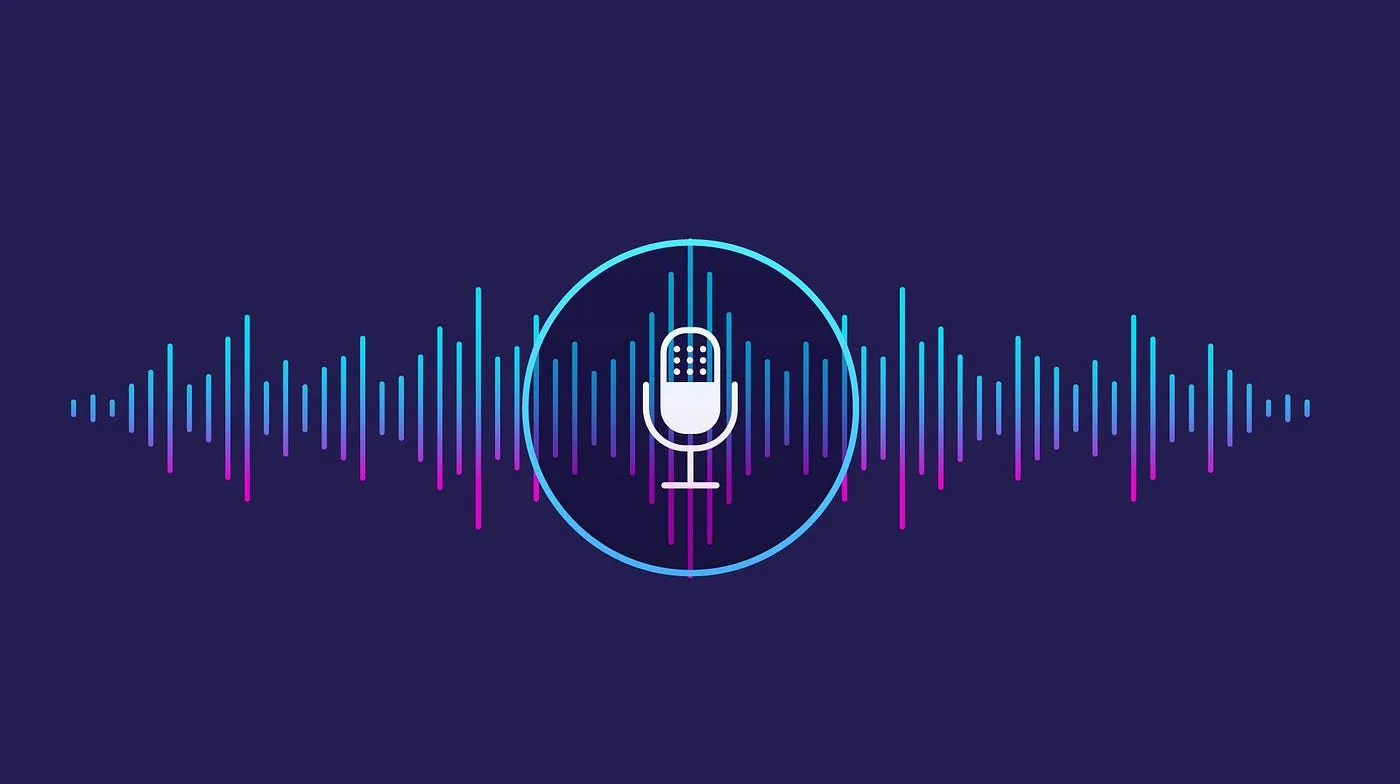How Will Voice And AI Assistants Impact Banking Services?
Voice assistants and artificial intelligence tools have begun to be used frequently in banking services in recent years. In addition to digital banking platforms, even financial institutions in traditional banking ecosystems benefit from voice and artificial intelligence assistants in communicating with their customers.
Thanks to these assistants, customers can access customized solutions for their problems during banking services, while banks experience a more efficient operation process by requiring fewer human employees for the accessibility of financial products and services.
Financial institutions that add voice and AI assistants to their mobile applications or web banking sites and support fintech startups that use these technologies are more successful by engaging customers more deeply. At the same time, customers can evaluate banking services in a more practical way with such tools.
Today, there are numerous startups in the fintech space trying to diversify the skills of voice and AI assistants. I’m excited that these will be more advanced tools in the near future. Who knows, maybe it will even be possible to transfer international assets with a single voice command.
What Are The Potential Uses Of Voice Assistants In Banking Operations?

Every part of financial ecosystems can benefit from voice assistants. As potential uses, both voice assistants and artificial intelligence tools can facilitate a wide range of functions. Inquiring about our balance, making asset transfers, and making regular payments such as bills and rent are among the financial transactions that can potentially be made thanks to voice assistants.
In addition to everyday financial transactions, voice assistants and artificial intelligence tools can also be our potential guides to financial advice. Transactions that can contribute to financial literacy, such as market analysis, budget planning, automatic savings programs, are possible with voice and artificial intelligence assistants.
Although not all of these transactions can be managed with artificial intelligence and voice assistants today, I can potentially foresee that both these transactions and more will be done in the near future. Artificial intelligence tools analyze large amounts of data faster and more analytically than a human, allowing investors to evaluate market data in the most accurate way.
How Can AI-Powered Virtual Assistants Improve Customer Support In Banking?
Nowadays, many fintech companies or startups use AI-supported virtual assistants in their applications. When I took a look at these sample applications, I observed that artificial intelligence-supported virtual assistants quickly meet the financial needs of customers.
You can develop advanced budget and savings programs by analyzing data about your bank accounts. Even though not every banking platform has yet offered artificial intelligence-supported assistants, even traditional banking institutions will benefit from these assistants in a short time. Because it offers user-oriented and fast banking services for customers.
In addition to daily banking needs, artificial intelligence-supported assistants can also provide consultancy for long-term investment projects. By quickly analyzing large amounts of complex data in the markets, it detects trends, tendencies and patterns and offers investment recommendations with high success rates for investors.
What Security Measures Are In Place For Voice-Activated Banking Transactions?

While voice and artificial intelligence assistants enable banking transactions to be fast and practical, such speed also raises some security concerns. Therefore, such technological tools should be used actively with biometric verification methods. Biometric authentication methods create a special signature of the voice frequency, making it impossible for anyone other than you or your impersonation to act with a voice command.
In addition to biometric verification methods such as voice recognition technology, different security measures such as Face ID, fingerprint scanner and iris scanner should be preferred when logging into banking platforms. Strong encryptions should be preferred.
You should remember that in addition to your personal security measures for voice-activated banking transactions, the digital banking platform that offers you this technology must also be reputable and reliable.
How Will Voice And AI Assistants Change The Way Customers Access Account Information?
Although voice and artificial intelligence assistants are not yet widely used in many popular banks today, all dynamics of banking are developing in this direction and voice and artificial intelligence tools will become more known and widespread in the near future. It is obvious that it will lead to radical changes in the way customers access their account information.
Thanks to these technological tools, customers will be able to use their voices instead of the passwords they use to enter their accounts. It is possible to access your account with a simple and easy-to-copy password using traditional banking methods. This causes many security vulnerabilities.
However, with voice and artificial intelligence assistants, your voice will be sufficient to log in to banking accounts, access information and make financial transactions. The frequency value of your voice is coded as unique, eliminating the possibility of anyone other than you accessing your banking account information.
Are Voice-Enabled Banking Services Accessible To All Customer Demographics?
In terms of financial inclusion, voice-activated banking applications may present some problems. Some clients may have speech and hearing related health disabilities or illnesses. This may seem impossible for these types of customer profiles to meet their banking needs with voice and artificial intelligence assistants. However, many fintech projects are working to eliminate this problem.
To reach all customer demographics, it may be necessary to utilize other AI-based assistants instead of voice. In this way, every customer has access to unique solutions for their banking needs. Rather than hindering the reach of all customer demographics, voice and AI assistants make significant contributions to financial inclusion by enabling everyone to easily receive banking services.
The customer demographic that can meet their banking needs with voice and artificial intelligence assistants may be limited not only by personal health problems but also by the technology of the devices.
In order to benefit from these assistants to the maximum extent, a smartphone with certain levels of technology may be required. Fortunately, voice and artificial intelligence assistants will be cheaper and more common tools in the future.
See you in the next post,
Anil UZUN
